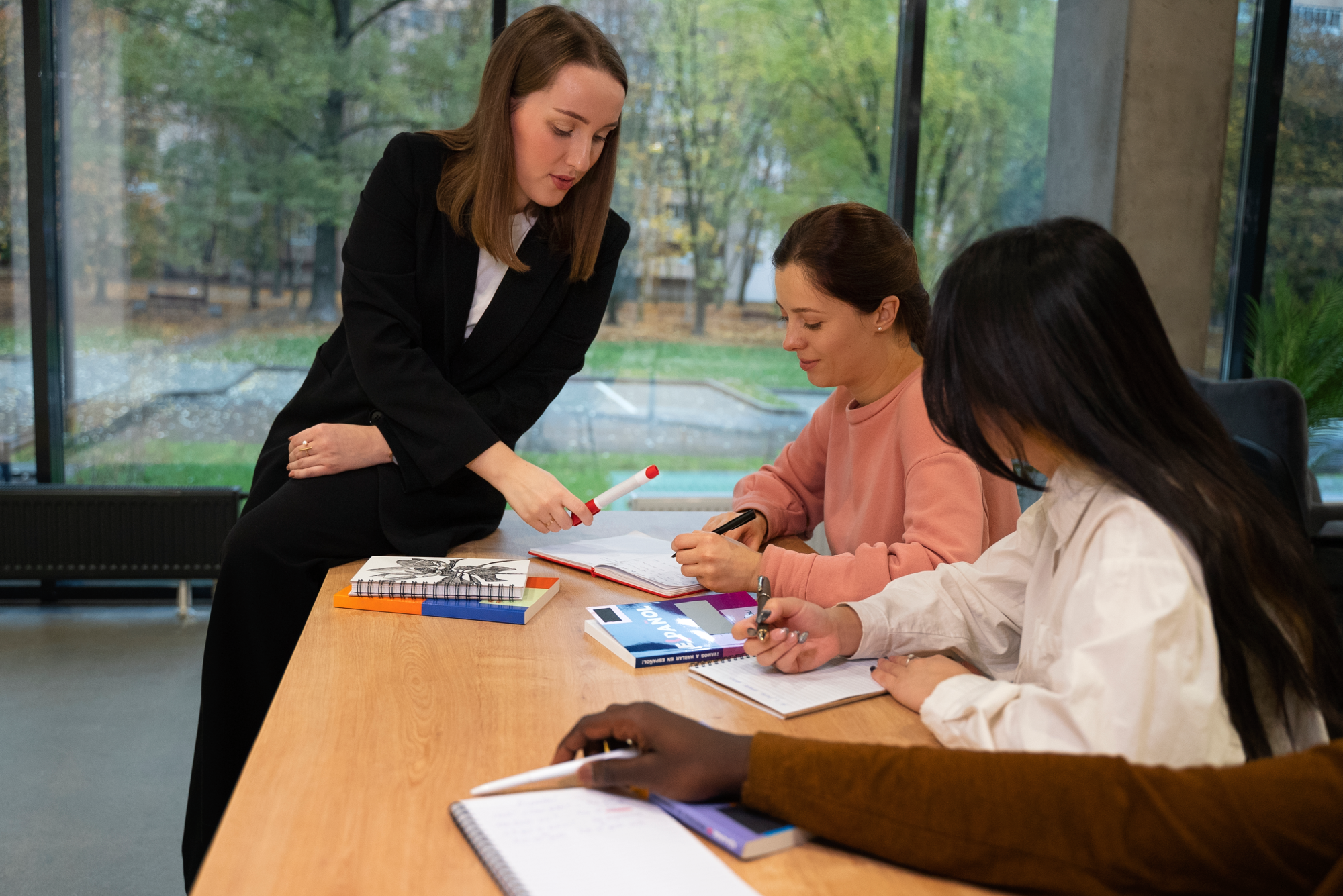Planning to study abroad is one of the most exciting yet challenging journeys a student can embark upon. It involves not just selecting a course or university, but also careful consideration of career goals, finances, deadlines, and the application process itself. Without a proper strategy, even the brightest students can face rejection, delays, or unnecessary stress.
This is why strategic planning for your study abroad application is so important. It turns a complex process into a clear roadmap. Working with expert study abroad education consultants ensures this plan is personalised and effective. At Fly N Study, we help students map their journey from self-assessment to pre-departure with a structured and successful approach.
Strategic planning gives students:
- Clarity in their decisions.
- Higher chances of admission and scholarship.
- Efficient and stress‑free application processing.
- Confidence to navigate the challenges of studying abroad.
In this guide, we’ll discuss why strategic planning matters, the step‑by‑step process, mistakes to avoid, and how study abroad education consultants can make all the difference.







